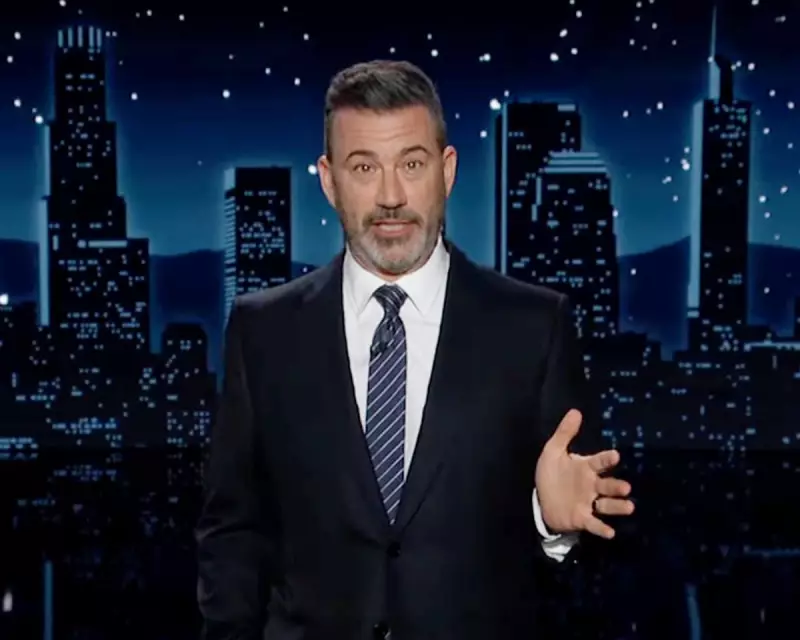
A fresh storm has erupted in the already turbulent world of American media and politics, as former President Donald Trump publicly cheered the suspension of late-night host Jimmy Kimmel by ABC. The decisive action follows Kimmel's controversial remarks about right-wing commentator Charlie Kirk on his flagship talk show.
The incident, which has sent ripples through the entertainment and political spheres, underscores the deep cultural and ideological divides defining the current American landscape. Trump's swift endorsement of the network's decision adds a significant layer of political weight to what many are viewing as a pivotal moment for broadcast standards and free speech.
A Divisive Monologue and Its Immediate Aftermath
During a recent broadcast of 'Jimmy Kimmel Live!', the host launched into a monologue targeting Charlie Kirk, a prominent voice from the conservative Turning Point USA group. The specific nature of the comments, deemed by the network to have violated its standards, led to an internal review and the subsequent announcement of Kimmel's suspension.
While the exact wording of the offensive remarks has not been fully disclosed by ABC, insiders suggest the segment crossed a line from sharp political satire into personal attack, prompting a flood of complaints from viewers and advocacy groups.
Trump Weighs In, Fuelling the Political Fire
Never one to shy away from a cultural skirmish, Donald Trump quickly seized on the news. Taking to his Truth Social platform, the former president lauded ABC's decision, framing it as a long-overdue accountability for what he frequently labels the 'fake news' entertainment industry.
His statement, filled with characteristic bombast, accused Kimmel and other late-night hosts of years of biased attacks against conservatives and celebrated the suspension as a 'victory for fairness'. This intervention ensures the story will remain firmly in the crosshairs of the ongoing US culture wars.
Network Under Pressure: Balancing Act or Capitulation?
ABC's move has placed the network in a difficult position. On one side, it faces pressure from audiences and commentators who argue that holding a host accountable for inflammatory speech is a necessary upholding of professional standards.
On the other, free speech advocates and supporters of Kimmel accuse the network of capitulating to political pressure and stifering comedic expression. The suspension raises critical questions about the power of external pressures on editorial decisions and the boundaries of comedy in an intensely partisan era.
As the story continues to develop, all eyes are on ABC for its next move. The duration of Kimmel's suspension and the network's long-term response will be widely seen as a bellwether for how major media companies navigate the fraught intersection of entertainment, politics, and public discourse in the run-up to the next election cycle.





